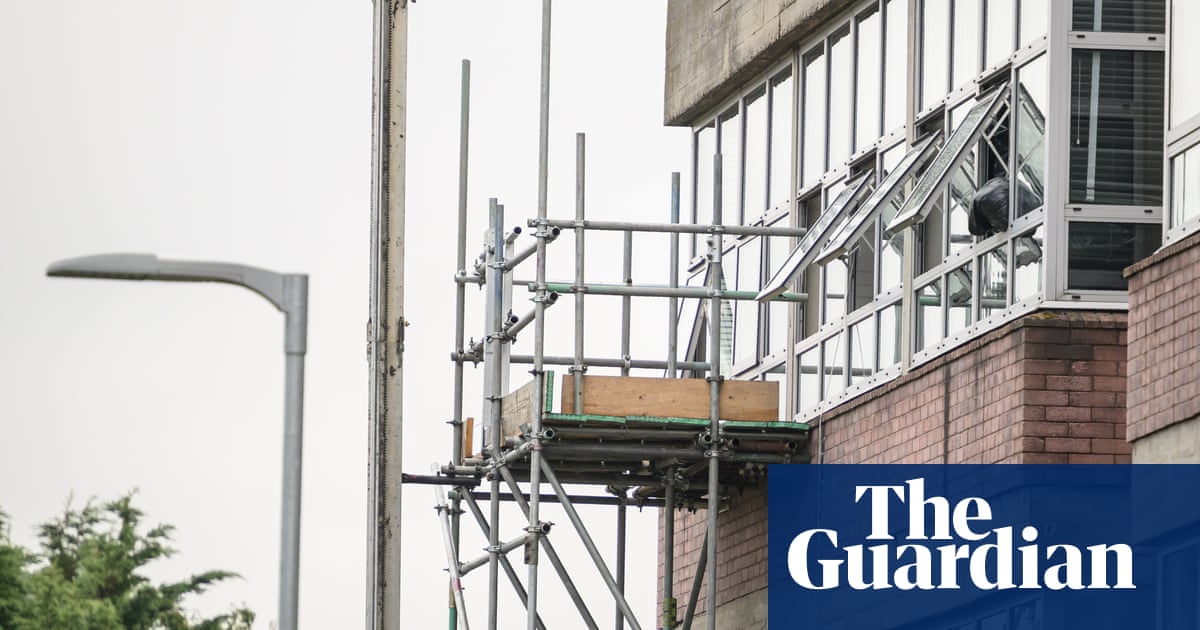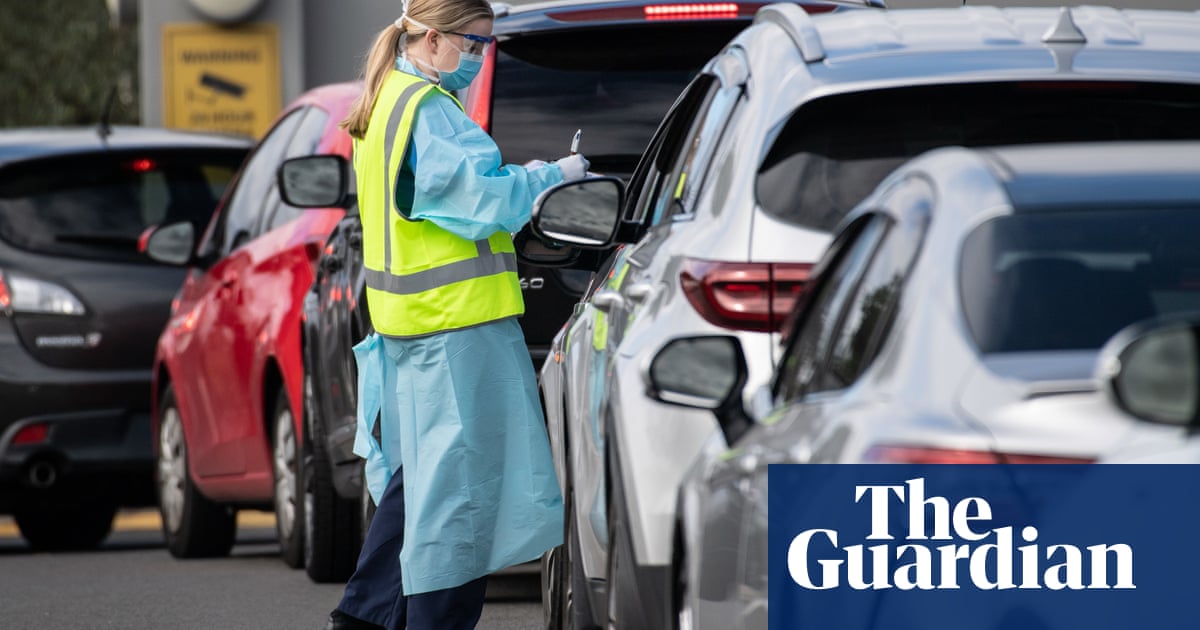
Ministers will come under intense pressure this week to explain how they assessed that a personal protective equipment (PPE) company linked to the Conservative peer Michelle Mone was fit to receive government contracts worth more than £200m during the pandemic.
Angela Rayner, Labour’s deputy leader, has drawn up a list of parliamentary questions over the Department of Health and Social Care’s (DHSC) decision to award major public contracts to the firm and whether it took into account its tax record.
The Guardian reported last week that Mone and her children secretly received £29m originating from the profits of the company, PPE Medpro, which was later transferred to a secret offshore trust.
The firm was awarded large government contracts after the Tory peer, a lingerie entrepreneur, helped it to secure a place in a “VIP lane” the government used to prioritise companies that had political connections.
Oliver Dowden, the Cabinet Office minister, will be asked by Labour whether PPE Medpro was assessed against the grounds for exclusion of bidders from public procurement procedures.
Rayner will ask what provisions were included in the company’s contracts to terminate the deal if it subsequently turned out that any of those exclusion criteria had been breached.
In addition, she will ask the Treasury to reveal how much tax was paid by PPE Medpro in the 2020-21 tax year, and what steps officials are taking to track profits made by suppliers through public procurement that ends up in offshore trusts.
The government spent more than £13bn on PPE during the Covid pandemic and has been accused of failing to carry out adequate due diligence in awarding contracts, with billions wasted in fraud and unused equipment. Ministers claim they were under pressure to buy PPE where they could because of global shortages.
The high court ruled earlier this year that the government had acted unlawfully in operating a special VIP lane for suppliers of PPE who had links with politicians, stating that its operation was “in breach of the obligation of equal treatment”.
In a statement, Rayner said: “The latest revelations about Baroness Mone and PPE Medpro show the total failure of due diligence and serious conflicts of interest at the heart of government procurement.
“Ministers must come clean about what checks were performed on PPE Medpro’s financial and tax affairs prior to the award of £203m in public contracts, as well as the steps they took to meet their duties to include termination clauses in these contracts.
“The government’s new procurement bill shows that far from learning the lessons of this scandal, they are setting taxpayers up to ensure a repeat performance.”
Asked by the Guardian last year why Mone did not include PPE Medpro in her House of Lords register of financial interests, her lawyer replied: “Baroness Mone did not declare any interest as she did not benefit financially and was not connected to PPE Medpro in any capacity.”
The leaked documents, produced by HSBC, appear to contradict that statement. They state that Mone’s husband, the Isle of Man-based financier Douglas Barrowman, was paid at least £65m in profits from PPE Medpro, and then distributed the funds through a series of offshore accounts, trusts and companies.
The ultimate recipients of the funds, the documents indicate, include the Isle of Man trust that was set up to benefit Mone, who was Barrowman’s fiancee at the time, and her children. In October 2020, the documents add, Barrowman transferred to the trust £28.8m originating from PPE Medpro profits.
That was just five months after Mone helped PPE Medpro secure contracts to supply masks and sterile gowns for use in the NHS. The company has declined to say how it would repay millions of pounds of public money for unused equipment if ordered to do so after a dispute with the government.
The DHSC said it could not comment on the specifics of the PPE Medpro contract because it was in a mediation process with the government. “Due diligence was carried out on all companies that were referred to the department,” it said.












